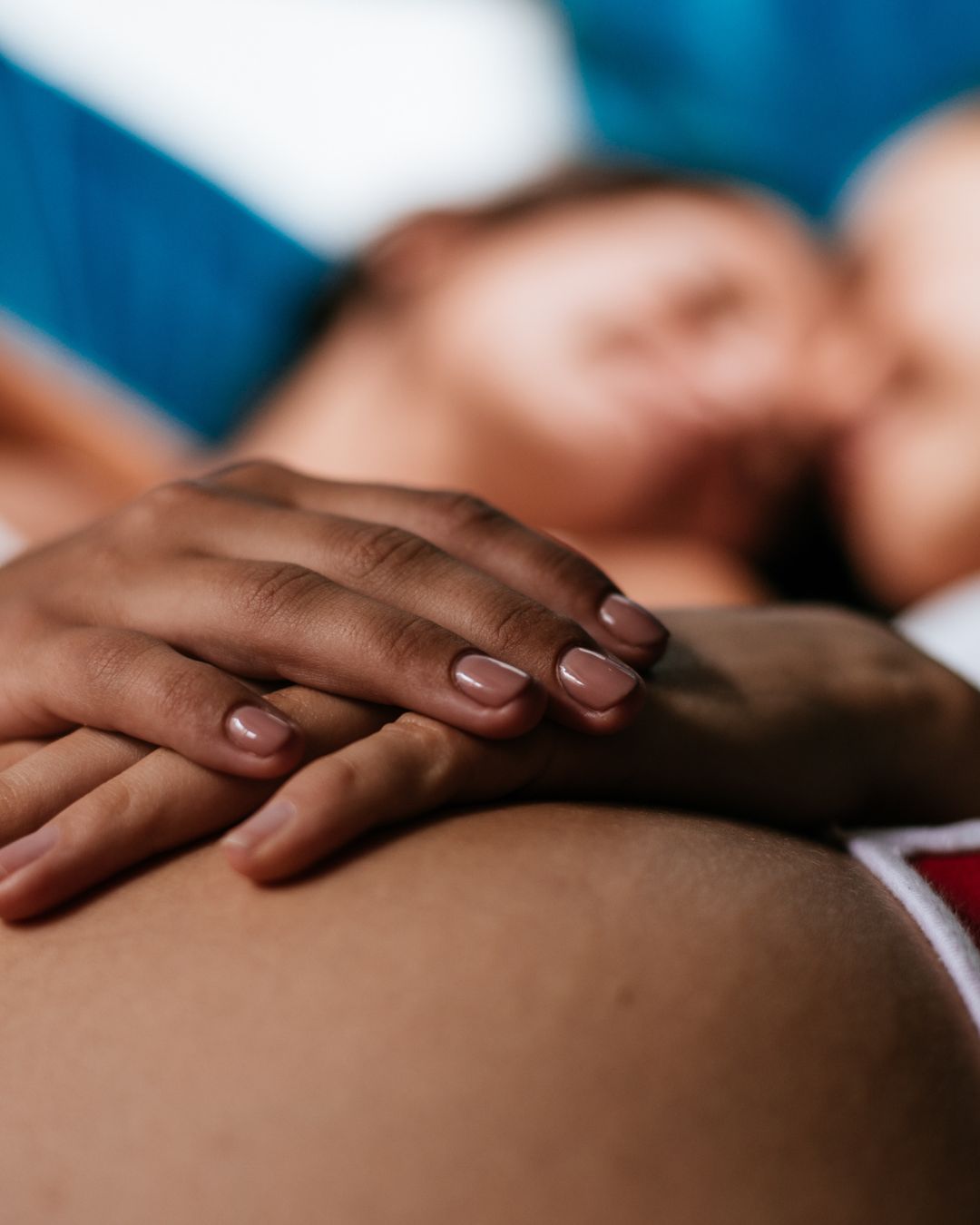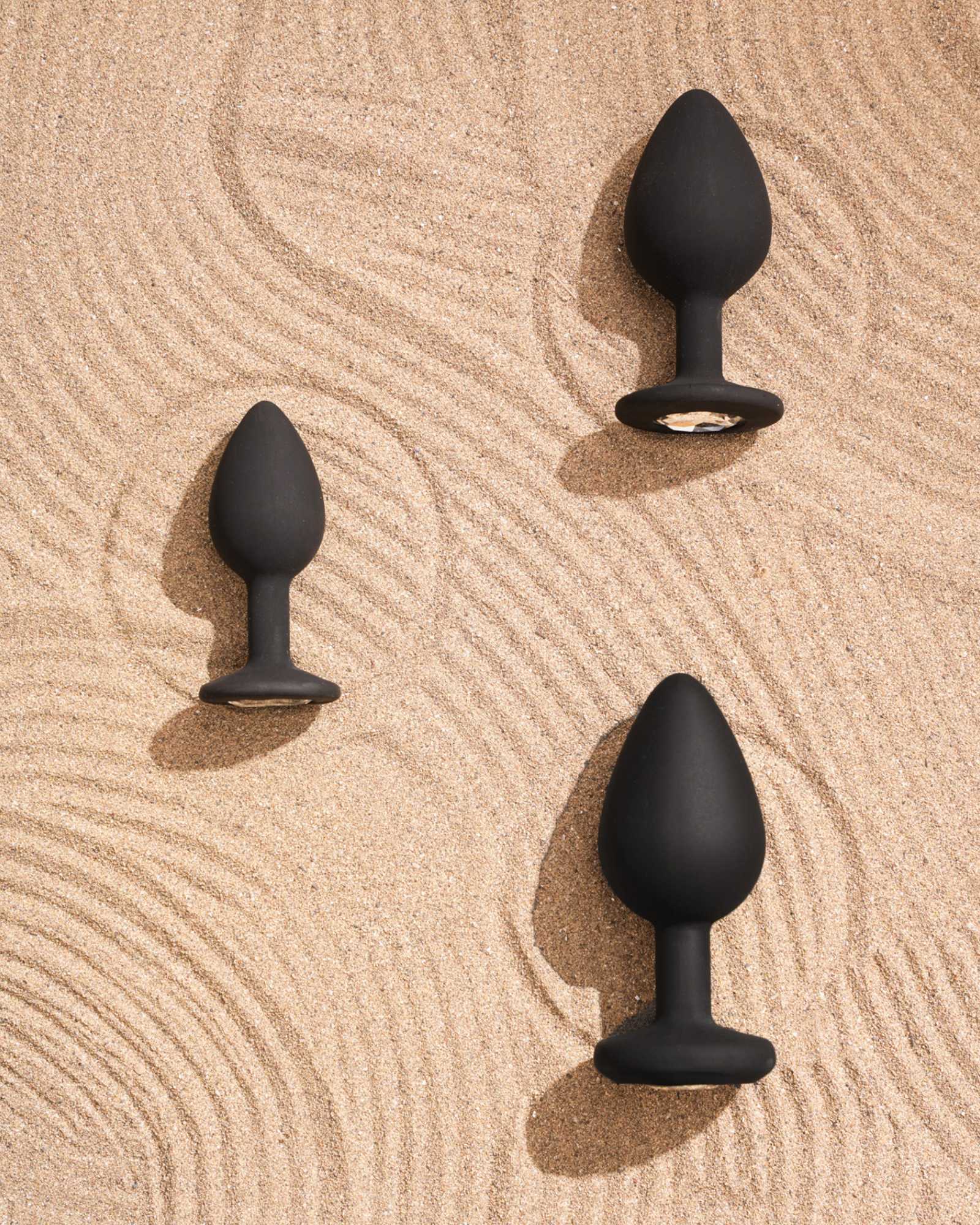As of February 2020, the lower judiciary of India composed of only 27.6% women from a total of 15,806 judges.
Across our High Courts, women judges occupy only 10% of the total strength i.e. 70 out of 692 judges.

As of 2021, our Supreme Court consisted of only 3 women judges, giving the Supreme court its highest number of women judges in history.
Interestingly though, it isn’t as if these numbers are a reflection of how many women enroll in law schools. While not equal, the percentage of women attending law schools is certainly higher than what is reflected in the judiciary. So where exactly is it going awry? It could have something to do with how riddled the profession is with sexism and microdoses of misogyny.
In her 2019 piece for The Print, Kiruba Munusamy talks about her experience practicing in Madras High Court, where a judge once told her that her "haircut was more attractive than [her] argument". When Munusamy pointed out that there were no rules regarding the length of hair for cis women lawyers, the judge admitted that it was "just his opinion". Still, male lawyers present at the time asked Munusamy to apologise to the judge.
On another occasion, Munusamy was asked to quit and get married all because she asked her counsel for a day off during her periods. The counsel then added that 'this' was why he never recruited women juniors. These acts of sexism are by no means an exception. The only exception here remains a woman voicing these daily acts of micro-aggression that all women lawyers face on a daily basis (and I’m not even touching upon the frequent sexual harassment faced by them in the profession, here).

The lack of female representation is also abundantly evident in the way consent and women’s bodily autonomy is perceived by the Indian Courts.
In September 2017, Delhi HC acquitted a filmmaker of rape charges by deliberately misrepresenting the court's definition of consent, on the basis of the survivor's past relationship with the accused and her education.
In August 2018, Punjab and Haryana HC followed suit and suspended the sentences of 3 students (granted by trial court) for rape of a fellow student. Why? Because of the survivor's past "misadventures and experiments".
It's no surprise then that Karnataka HC granted anticipatory bail to a man accused of rape in June 2020. The court stated that it was "unbecoming of indian women to sleep after rape" and dismissed the survivor as a liar.
And not to forget, the 2022 judgment of the Delhi High Court whereby it delivered a split verdict on criminalisation of marital rape, one of the judges holding that in treating sexual acts between a husband and wife, whether consensual or non-consensual, differently from non-consensual sexual acts between a man and woman not bound to each other by marriage, the legislature cannot be said to have acted unconstitutionally.

What is it about rape, harassment and assault cases that leads the court to treat it as a two-way conflict that needs to be resolved by a third party through 'compromise', and not a one-way crime that merely needs punishment or compensation?
When justice has so little to do with what the survivor actually wants and focuses instead on what the Courts deem appropriate based on their own primitive and biased beliefs, it's no longer justice. It's the illusion of consequence, like a parent saying “no beta” sweetly after you punch a classmate.
Add sex work to these instances of rape and the Courts have historically shown which way the winds of justice flow. In a 1997 rape case in Bangalore, the Sessions Court acquitted the three accused but Karnataka HC sentenced them to life imprisonment. The Supreme Court, however, set the accused free citing 'inconsistencies in the survivor's statement'.

What were these inconsistencies? The fact that the survivor didn't act in accordance with the court's expectation of trauma behaviour. The order stated "Instead of hurrying back home in a distressed, humiliated and a devastated state, she stayed back in and around the place of occurrence... Her avengeful attitude in the facts and circumstances, as disclosed by her, if true, demonstrably evinces a conduct manifested by a feeling of frustration stoked by an intense feeling of deprivation of something expected, desired or promised."
Although the Supreme Court later (in an unconnected matter) held that “Even assuming that the woman was of easy virtue, she has a right of refuse to submit herself to sexual intercourse to anyone”, this change in the outlook has not only been too slow in rearing its head but is also not uniformly followed by other courts.
Even though the above judgments are used only as a point of illustration, these are dime a dozen, especially in the lower judiciary and often only get overturned in appeal. While sex work is legal in India, it is evident that our judiciary still fails to understand the nuances of consent especially when it comes to the rights of sex workers. This flippant attitude towards survivors and the nonchalance with which court proceedings try to define a survivor's character while spending no time on establishing the character and values of the accused, places sex workers at even greater risk of having their experiences with rape and assault being normalised or dismissed in a court of law. As if sex workers have different definitions of consent than people who earn their living from other jobs.
This is particulary troubling when we realise that sex workers exist and function in an intersection that puts them at much higher risk of assault and harassment than most other demographics.
How is all this sexism and discrimination supposed to be resolved by sex education?
Comprehensive sexual education includes not only information about human development, anatomy and reproductive health, but also how these intersect and integrate with relationships, family life and gender roles. It provides a necessary toolkit to address human rights, gender equality and threats such as sexual abuse and violence while also fuelling the conversations around justice and accountability, and highlighting the need for a nuanced understanding on how socioeconomic markers affect each person’s context.

When people occupying positions of power have no trauma-training or sensitivity, biases and stereotypes about how a person ‘should behave’ can easily impact the support they’re supposed to receive from the judiciary.
Stunted and misinformed notions of sex, sexuality, consent, and the aftermath of sexual trauma continue to fuel the execution and delivery of ‘justice’ and make legal spaces significantly harder for women to either practice in or to have any notion of justice. The need for comprehensive Sex Ed that is driven by ideas of autonomy and accountability, and not shame or fear, in a situation such as this is then, abundantly clear. We can't possibly complain about not having enough women in the judiciary or in the legal profession as a whole when the very view of women's bodily autonomy is constantly up for debate. Why would women wish to be a part of the profession that does so little to make them feel safe?
After all, shouldn’t justice be determined by us as a collective and reflect the experiences of every community and intersection that it pertains to?


















Leave a comment
This site is protected by hCaptcha and the hCaptcha Privacy Policy and Terms of Service apply.